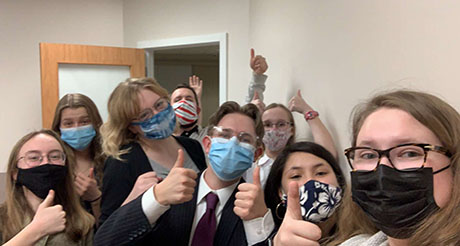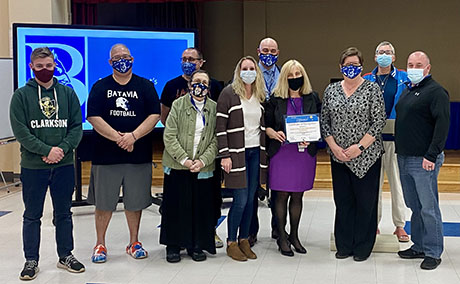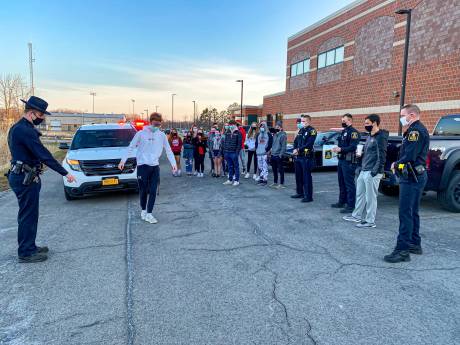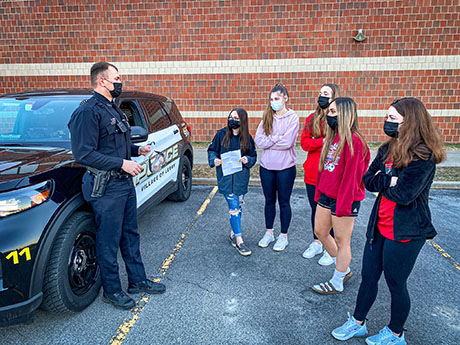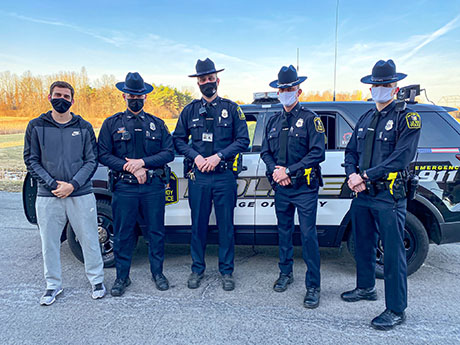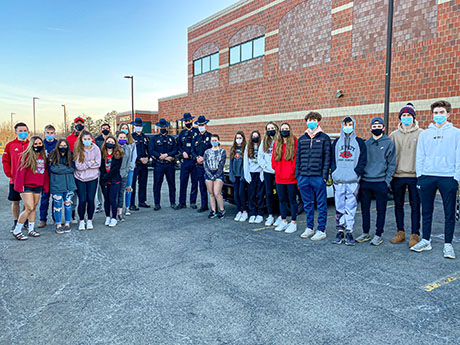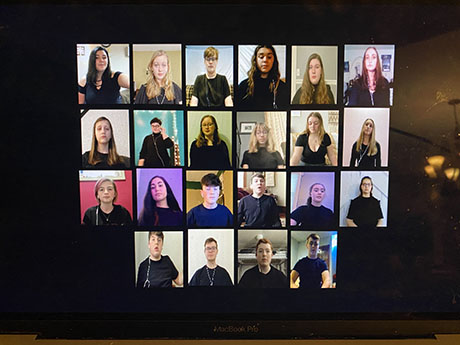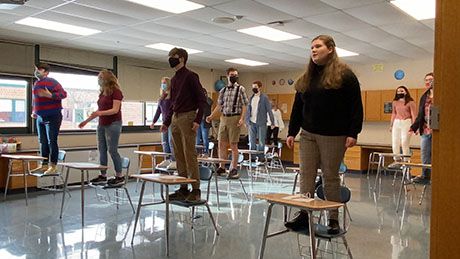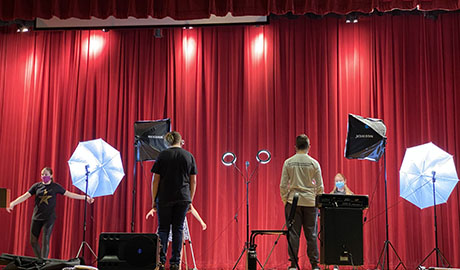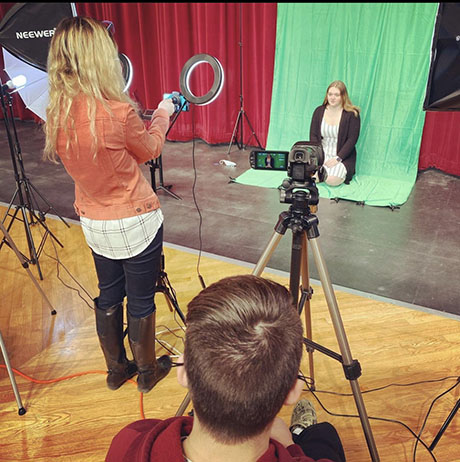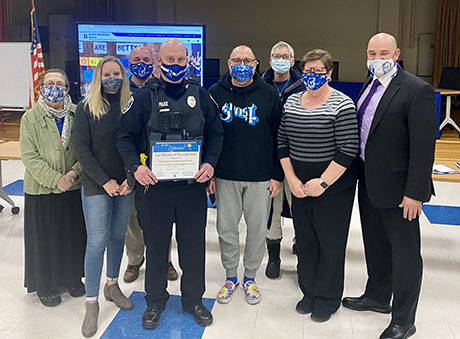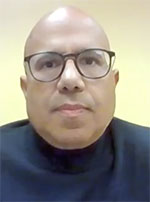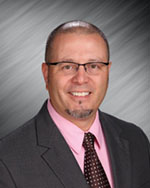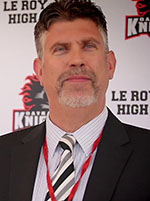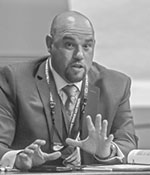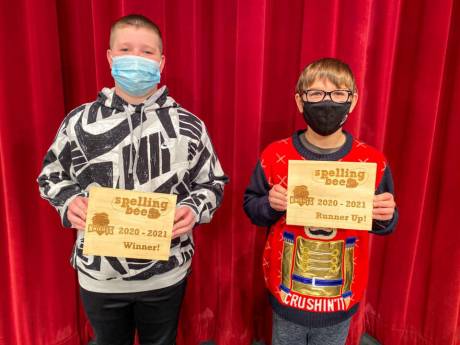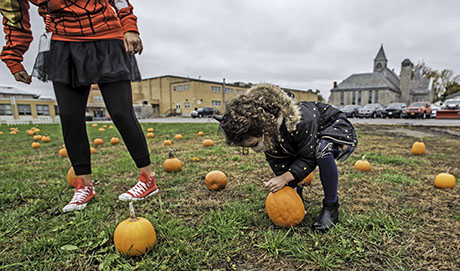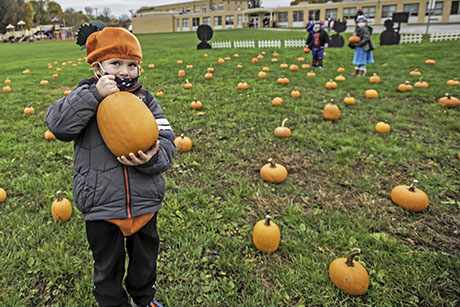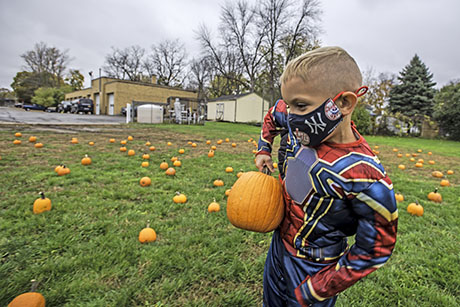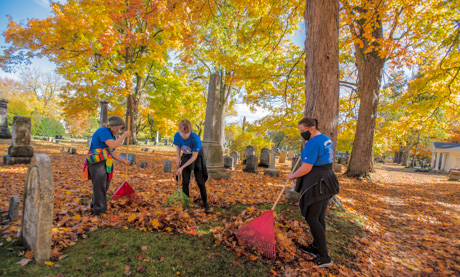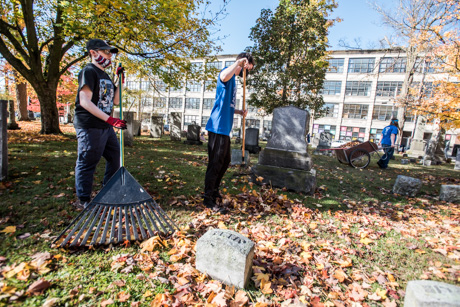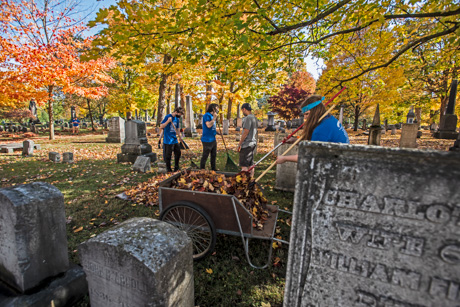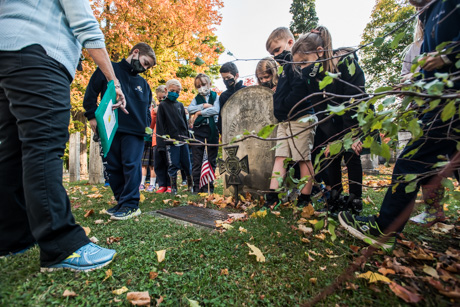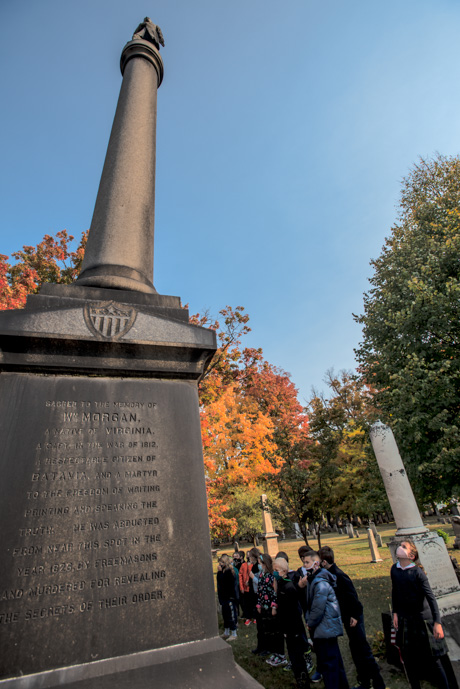Dr. Lalit Jain
Pandemic protocols at schools have been devastating on students, a pediatrician told reporters during a Zoom videoconference call on Tuesday.
Dr. Lalit Jain, chief of pediatrics at United Memorial Medical Center, said some students are falling behind and that the resumption of winter sports considered "high-risk" for the spread of COVID-19, such as basketball, will be of significant benefit to participants.
"(Taking students out of sports) affects them because you are getting social isolation, and like I mentioned, it affects them academically," Jain said. "Just by going out, they will be seeing friends in a safe environment. I think just participating and more activity is going to be very beneficial for the mental health ... of our students."
Local school superintendents seem to agree that the increase in available athletics for students will benefit the children.
"The return of sports safely is a tremendous help for our student-athletes' psyche and those benefits will translate into other areas of their school and community experience," said Anibal Soler Jr., Batavia City School District superintendent.
Matthew Calderon
"I wholeheartedly agree that participation in sports and extracurricular activities helps students in every way," said Matthew Calderon, superintendent of Pembroke Central schools.
Jain expressed concern about the decrease in physical activity, the lack of social contact, and the general academic performance of students participating in distance learning.
Superintendents we spoke with shared mixed views on the impact of distance learning on students.
Jain said, "What we see is that kids are having problems with the online platform, a lot of them, because the kids who were before doing fantastic, who were A students, are now having difficulty sustaining attention from home and almost have seen some become school failures, or like grades going from the 90s to almost the 60s.
"And these are the kids without academic difficulties. So we are not even talking about the kids who are challenged, who need special help, and they are even more affected."
Merritt Holly
Le Roy Central School Superintendent Merritt Holly characterized Jain's quote as "loaded."
"I think some students have adapted well to the challenges of online learning," Holley said.
He said there are "some who struggle somewhat (would rather be in the classroom), and others who this system does not fit their learning style (struggle big-time). Really a student-by-student situation."
During the school board meeting Monday, while discussing reconfiguring the use of space in schools, Soler suggested distance learning might remain an option for some students after the pandemic subsides. In response to Jain's comment, he said some students do well while others struggle.
"The pandemic has impacted all of our students and our staff and we continue to try to find ways to support everyone either academically or socially," Soler said. "Social-emotional learning is one of our district goals and we knew that the lack of socialization would ultimately have an impact on our kids and staff.
"The numerous COVID rules that we have to implement have changed much of the experience for both our students and staff, but we continue to do as much as we can safely to bring a sense of normalcy."
In Pembroke, Calderon said, where most students participate in classrooms five days a week, the students who do participate in distance learning seem to struggle the most.
"By no means is online learning or the hybrid model anywhere close to providing students the sound basic education that the New York State Constitution entitles them to receive," Calderon said. "While teachers and support staff throughout our region are doing an amazing job within those parameters, and many students are holding their own, there is no substitute for organic in-person learning."
Calderon said about 20 percent of the district's students are participating in online learning and he's thankful the option exists for those who need it but the situation isn't ideal.
Anibal Soler Jr.
"Our in-person learners love being in school, and many of them shed tears when they're told they need to go online for 10-14 days due to mandatory quarantines," Calderon said. "In regard to those who chose the 100-percent online option, a very small percentage are actually flourishing as they could be, and too many choose not to log on consistently despite all efforts to engage them. This may prove to be most problematic for some seniors who will not graduate as a result."
Calderon didn't mince words sharing his opinion about online learning.
"There is no way anyone will ever convince me that online learning is good for kids. and it certainly isn't sustainable," he said.
At the same time, he said, the district obviously takes seriously the need to help reduce the spread of COVID-19 and the district does all it can to keep the community safe.
"However," he said, "CDC hospitalization data seems to suggest that school-aged students are least at risk to be hospitalized, and therefore, I'm not sure why schools have some of the greatest restrictions in place.
"I'm obviously not a medical professional or in charge of public health, and in my role as a state-funded public school leader, I make sure our school district adheres to all the rules. At the same time, when I look at the data with my own eyes, I certainly scratch my head and wonder."
Citing similar data, Jain said he anticipates the return of "high-risk" sports to be safe for participants.
"Just following the guidelines by physicians and the authorities, I think of that will be really important," Jain said. "I don't think we're going to see that much increase in the (positivity) rate. The schools have been very safe so I think we'll do fine."
Original reporting takes time and money. You can help sustain local journalism by becoming a supporter of The Batavian.

